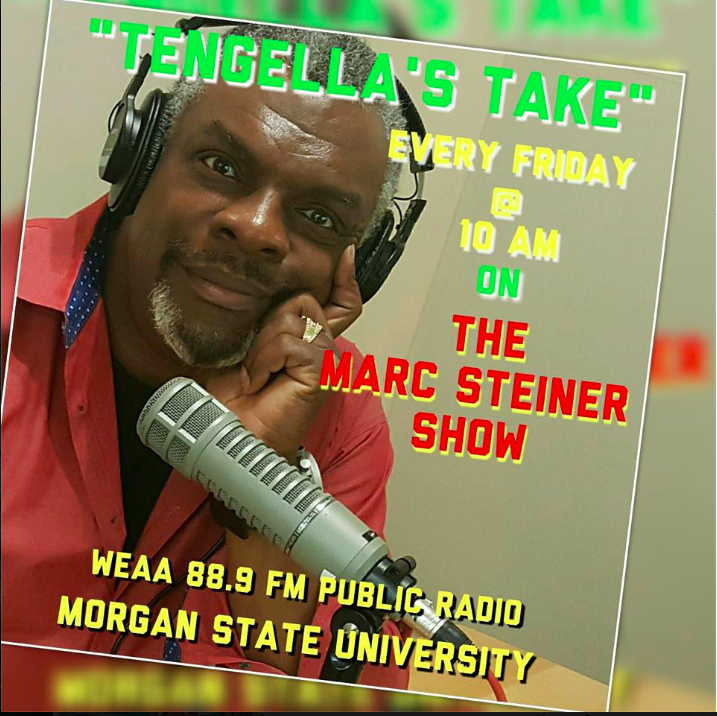Christina here – I’m one of the interns on the show, and wanted to spread the word about a piece of legislation making its way through the City Council that would have a huge effect on small performance venues in Baltimore City.
The legislation’s stated intent is to make it easier for clubs to open all around the city – instead of the current system, where there are specific zones for live entertainment, the bill would move to a permit-based model. That is, every venue that offered live entertainment would have to apply for a license from the city, and then would have to apply to renew that license annually. The bill establishes an oversight board that would review the license applications, and hear any grievances about the clubs.
Now, on the face of it, the legislation isn’t all bad. It’s obvious that the bill’s backers want to make it easier for large venues to open in the city, to keep, as the Council’s web page states, Baltimore’s citizens from traveling to New York and Philadelphia to spend their entertainment dollars. But look a little closer and the legislation would achieve any gains in that area at the expense of the existing small venues that are the heart of Baltimore’s thriving local music and performance scene.
The devil is, as ever, in the details. The bill is written in terms so broad that it leaves open the possibility that everything from a dive bar with a karaoke machine to the neighborhood book store will be subject to the license fee – live entertainment, as defined in the legislation, includes karaoke, “participatory dancing,” “poetry recitals or book readings,” as well as musical acts, comedy, and theater. And, of course, circuses. What’s more, to pacify those who are justifiably worried about a loud venue drawing a raucous crowd to their neighborhood, the bill states that if 10 people who reside within a 10 block radius of a venue complain within a year, the case automatically goes to mediation and the license is in danger. That number of complaints within such a huge radius would be a cake walk for anyone to put together.
The amount of the licensing fee isn’t stipulated in the bill as written, but the fees would be calculated to cover the expense of the department that would oversee the licensing. The city finance department estimated that the annual cost would be $315,600, or around $1,500 a license if 200 business applied. For a large venue, that’s pocket change. But for small or collectively owned venues like some of my favorites – The Zodiac or The Hexagon on Charles Street, 2640 at St. John’s Church on St. Paul Street, the Red Room on 31st st, or the 14 Karat Cabaret downtown, to name only a few – the expense could be enough to close their doors.
Opposition is mounting to the bill. Owners of small live arts venues have organized to fight it, and groups of artists and performers are coming together to mobilize against it, but the fight will be tough. City Council President Rawlings-Blake introduced the bill and is pressing for its adoption. You can see her argument for the bill on the Council’s website, along with the full text of the measure.
If you’re interested in helping to preserve performance in the city, contact your City Council representative, write a letter to the Sun, which has barely covered the story, or attend one of the upcoming community sessions. The next is Tuesday, the 31st, at the Communications Center of Morgan State University, from 6:30 to 8:30. Check up on meeting times here.


